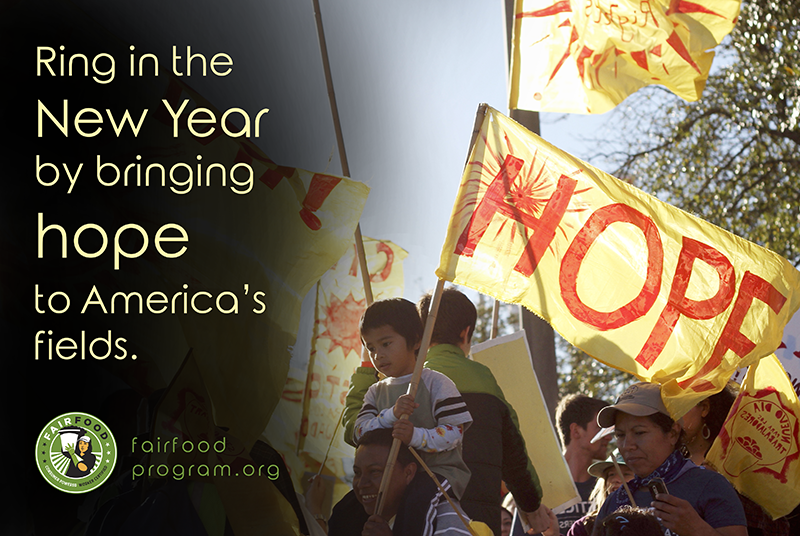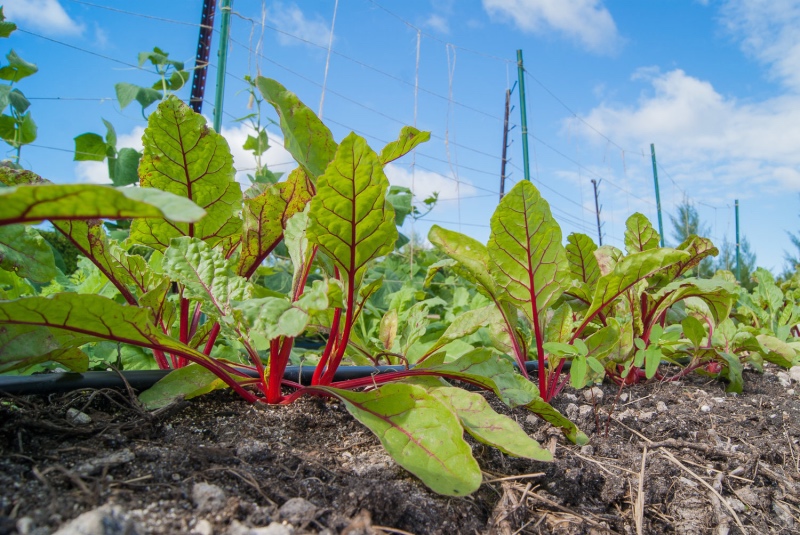
St. Simon’s Farm of Miami-Dade County joins Fair Food Program, ushers industry-leading human rights program into the world of small-scale, organic, urban farming…
Newest FFP partner specializes in taking “unused plots of land in the urban Miami area and turn[ing] them into neighborhood farms, creating community hubs centered around food and friendship.”
Here’s some great news to kick off the new year in Fair Food!
When most people think of the Fair Food Program, they tend to imagine vast crews of workers harvesting tomatoes on large-scale farms, providing millions of pounds of produce every year to retail food giants across the country and around the globe. Small, urban, organic farms selling boxes of freshly picked produce directly to consumers through the Community Supported Agriculture (CSA) movement is not, generally, the image that comes to mind.

But that’s about to change. Earlier this month, following the requisite CIW-led worker education session and baseline audit by the Fair Food Standards Council, St. Simon’s Farm in Miami officially joined the Fair Food Program. St. Simon’s enrollment marks an important new chapter in the history of the ever-expanding, ever-evolving program, as it becomes the smallest farm ever to participate in the FFP. Here’s a quote from St. Simon’s Farm founder, Moses Kashem, on the farm’s decision to join:
Saint Simon’s farm is proud to partner with the CIW. Despite our small size (under 2 acres), setting standards for human rights translated itself to our operation. We hope other young, organic farmers see the benefits to protecting human rights and partnering with a strong ally such as the CIW.
With St. Simon’s on board, the Fair Food Program now counts both the country’s largest tomato producer and one of its smallest among its number of Participating Growers. The conclusion to be drawn from that fact is significant: There are no inherent limitations to participation in the Fair Food Program for farms considering joining the industry-leading social responsibility program. Whether large or small, conventional or organic, even rural or urban, farms of all kinds can join — and thrive in — the growing partnership for human rights in the agricultural industry. The only real, mandatory requirement for participation is the willingness to make a company-wide commitment to the highest human rights standards in the field.
We look forward to working with the crew at St. Simon’s Farm, and to the continued expansion of the Fair Food Program’s partnerships among the country’s flourishing small-scale, organic growers.
